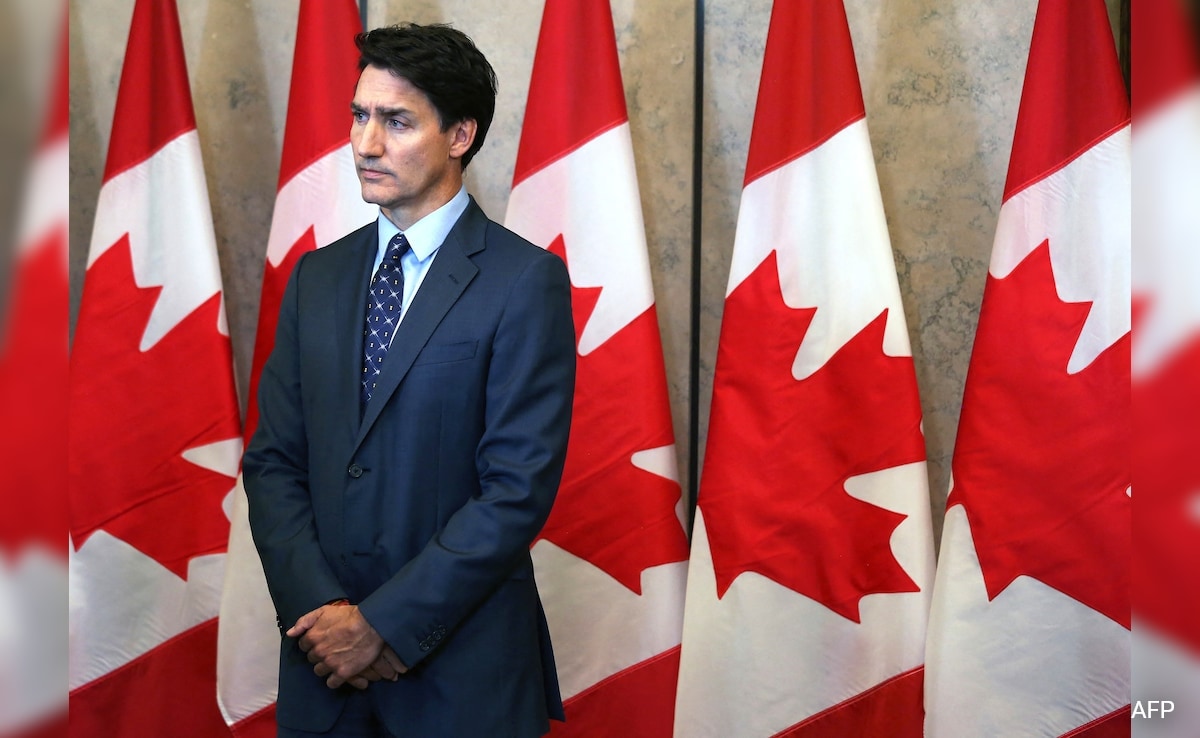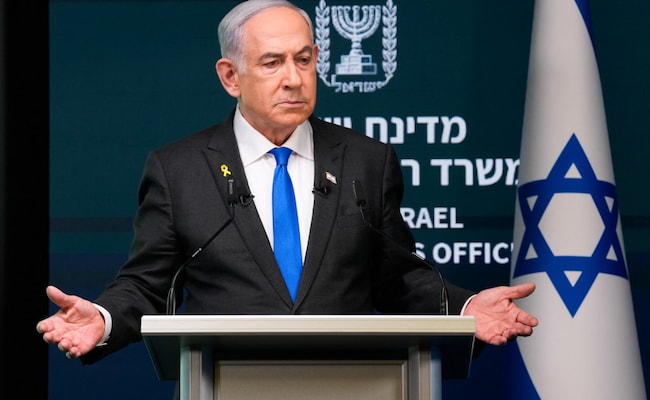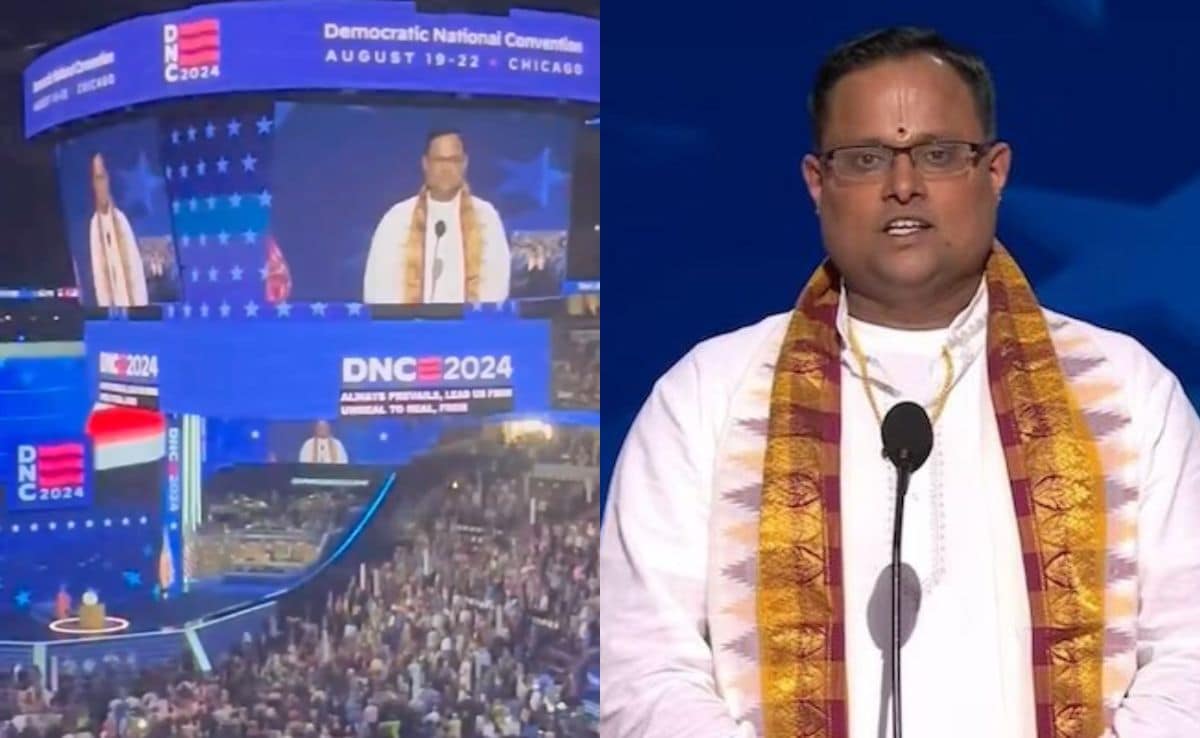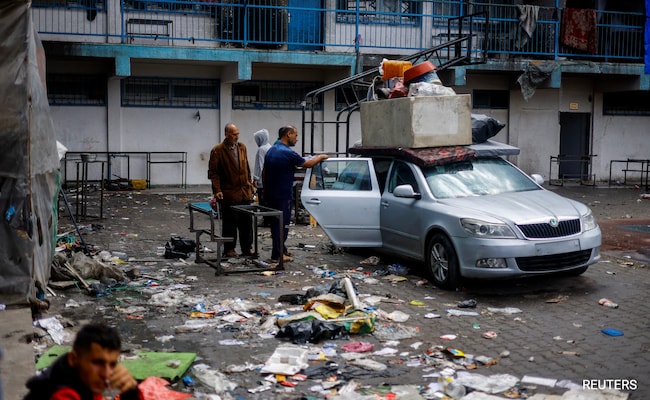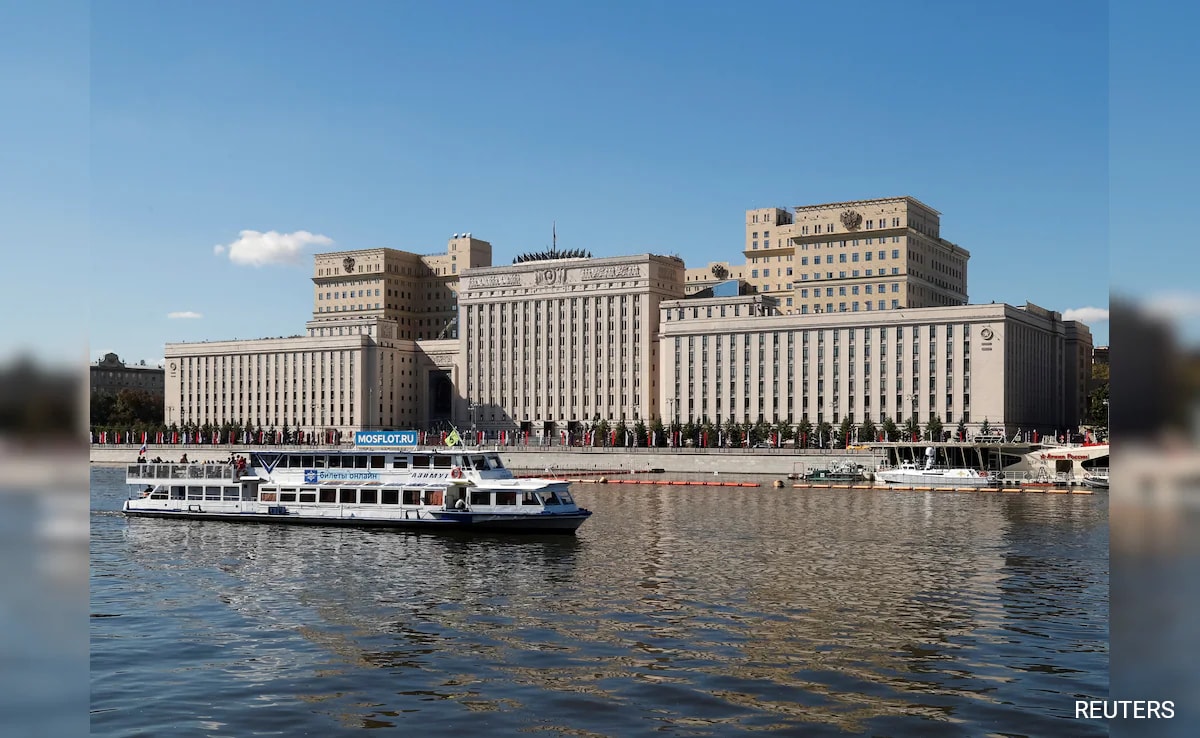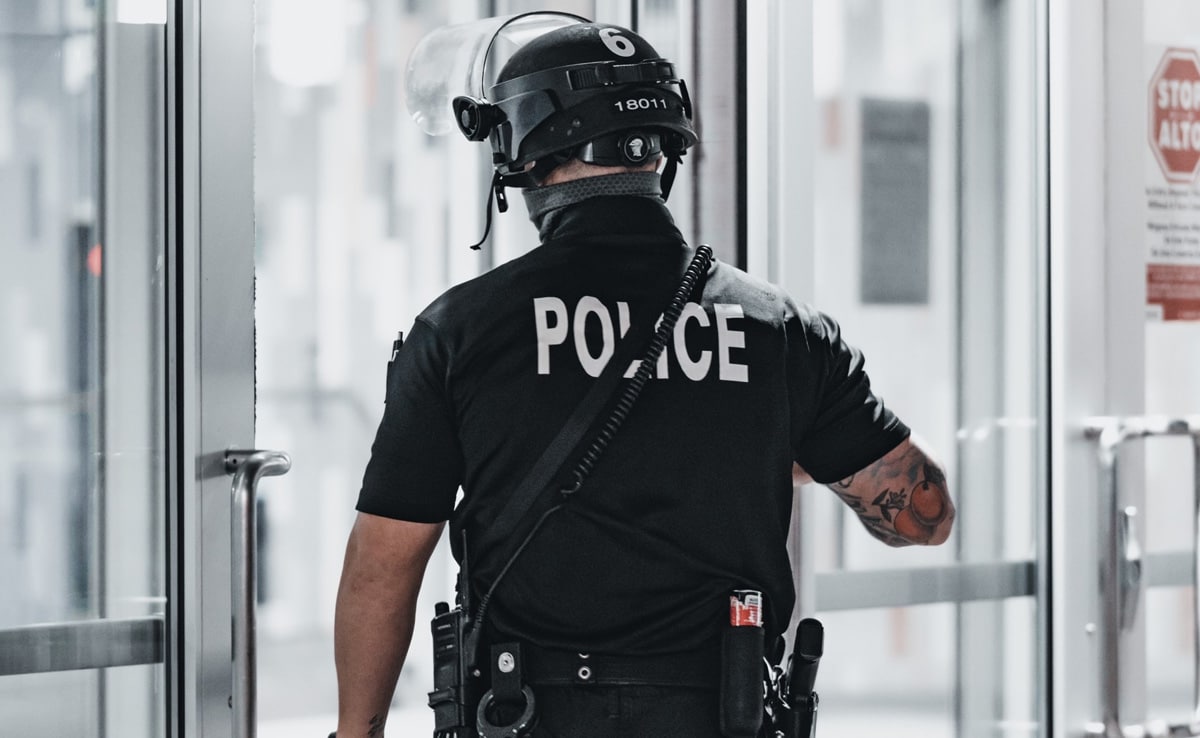Venezuela’s National Assembly President Jorge Rodriguez looks on while holding a folder containing the recently approved Simon Bolivar Liberator law after a session at the National Assembly.
| Photo Credit: Reuters
Venezuelan lawmakers on Thursday (November 28, 2024) approved a bill that codifies economic sanctions, like those imposed by the United States, as crimes against humanity and allows the prosecution of anyone who expresses support for the measures.
The bill, approved by the unicameral National Assembly, implicitly targets leading Opposition leaders, many of whom have supported economic sanctions as a means to pressure the government into negotiations. The measure bans supporters of economic sanctions from running for office and allows authorities to prosecute them in absentia and seize their property.
“The unilateral coercive measures and other restrictive or punitive measures adopted against the Bolivarian Republic of Venezuela constitute a crime against humanity, within the framework of a systematic and widespread attack against the civilian population,” the bill, as read during Thursday’s session, states.
A conviction under the bill would carry a sentence of at least 25 years in prison.
The approval comes one day after the White House announced it had imposed sanctions on 21 individuals it accused of undermining Venezuela’s July presidential election. It also followed the decision by the U.S. House of Representatives last week to pass a bill that would block the federal government from contracting any company doing business with the government of President Nicolás Maduro.
The measure is the latest effort by Venezuela’s ruling party to silence dissent after the July election, which Mr. Maduro and former diplomat Edmundo González both claim to have won.
Venezuela’s National Electoral Council, which is stacked with Maduro loyalists, declared Mr. Maduro the winner hours after polls closed on July 28. But unlike previous Presidential elections, electoral authorities did not provide detailed vote counts.
Meanwhile, the main Opposition coalition collected tally sheets from 80% of the nation’s electronic voting machines, posted them online and said the voting records showed González won the election with twice as many votes as Mr. Maduro.
Anti-government protests erupted nationwide the day after the election, drawing repression from state security forces, which arrested more than 2,200 people, including political leaders, lawyers, poll workers, election volunteers and protesters, both minors and adults.
González left Venezuela in September for exile in Spain after a warrant was issued for his arrest in connection with an investigation into the publishing of the vote tally sheets, while opposition leader Maria Corina Machado has been hiding for months at an undisclosed location.
Machado last year won the presidential primary organized by the main opposition coalition. But Maduro’s government kept her off the July 28 ballot via an administrative decision that concluded she could not run for office because she allegedly sought the broad economic sanctions the U.S. imposed last decade in an effort to topple Maduro. The sanctions crippled Venezuela’s crucial oil sector.
Machado’s hand-picked substitute was also barred from representing the Unitary Platform opposition coalition. That prompted the faction’s leadership to choose González as candidate.
Last week, Venezuela’s Attorney General’s Office announced a new investigation against Machado. Her comments in favor of the U.S. House bill, according to a statement from the prosecutor’s office, “constitute the commission of crimes of treason against the country,” conspiracy with foreign countries and association.
Machado rejected the accusations in a video she posted Thursday on social media.
“Let them accuse us of treason against the country the day we stand by with our arms crossed, when we believe that there is nothing more to fight for,” she said in a video showing images from this year’s presidential campaign. “In that moment, accuse us of betraying the country… resigning ourselves would be a betrayal.”
Published – November 29, 2024 04:31 am IST


